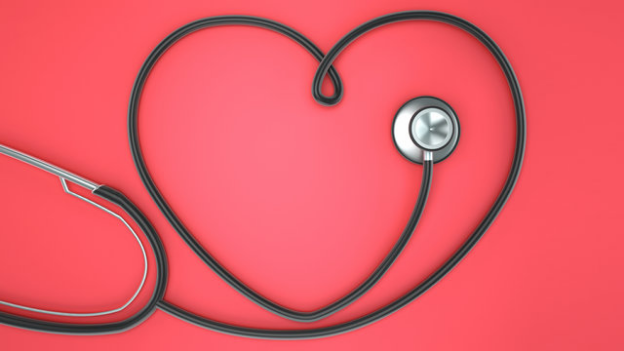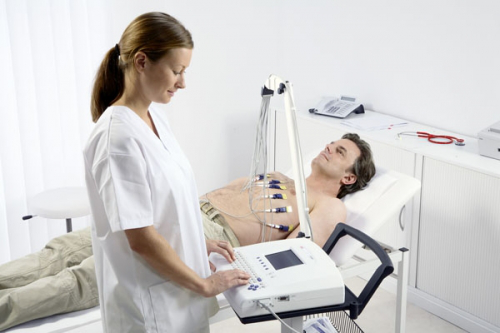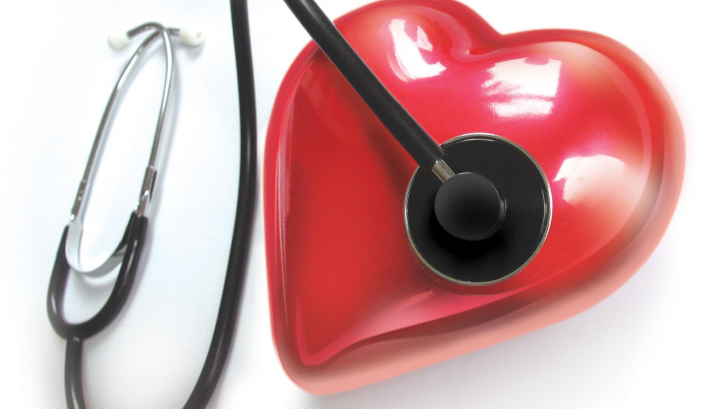Preventing Heart Conditions for a Hearty Life
Unlike a common myth, heart diseases,and not cancer,are the number one reason why many people die every year, especially women.The risk of heart diseases tends to increase with an increasing age, andpeople who have a family history of heart diseases at a young ageare alsomore likely to be at risk.
Fortunately, there are ways that can help us keep our heart fit and active, and reduce the chances of developing a heart disease. Moreover, the availability ofadvanced heart treatment in Jaipur and other cities have made situations less worse, increasing the possibility of cure. And while we all know that prevention is always better than cure, here are a few effective ways to help prevent heart conditions:
Quit Smoking
Smoking surges your probability of having a heart attack to twice more than a regular non-smoker. In fact, if you smoke regularly, you’re much likely to not survive if you do experience a heart attack.
Control Blood Pressure
Hypertension or high blood pressureis becoming commonthese days; inadequate exercise, unhealthy eating and insufficient sleep are the major reasons. Avoiding salt, exercising and proper diet can help, but some people may also need medicines to control their BP.
Improve Cholesterol Levels
People with a cholesterol level of over 200 are more likely to get a heart disease. For a healthy heart, individuals must haveHDL(good cholesterol) level over 40, LDL (badcholesterol) level under 160 and Triglycerides under 150. A diethavinglow cholesterol, saturated fat, and refined sugarsalong with high fibercontent can be beneficial.
Get to a Healthy Weight
Proper body weightcan help lower high BP, and alsohelps manage diabetes. People who are overweight are more likely to contract a heart disease. Therefore, being active and having the right amount of weight is important.
Manage Stress and Anger
Taking stress and getting angry once every now and then is natural human behavior. However, the problem arises when these emotions flare up, causing problems to your heart and the body. Managing your stress and handling anger in healthy ways can puts you back in charge of your own body.
Getting regular checkups and visiting the doctor as soon as you notice any unusual changes in your body is critical becauseearly detectionand heart treatment in Jaipur can help cure your condition in time. Jaipur Heart and Multispecialty Centre offer advance treatments for all heart conditions, and provide solutions for leading a healthy life.










